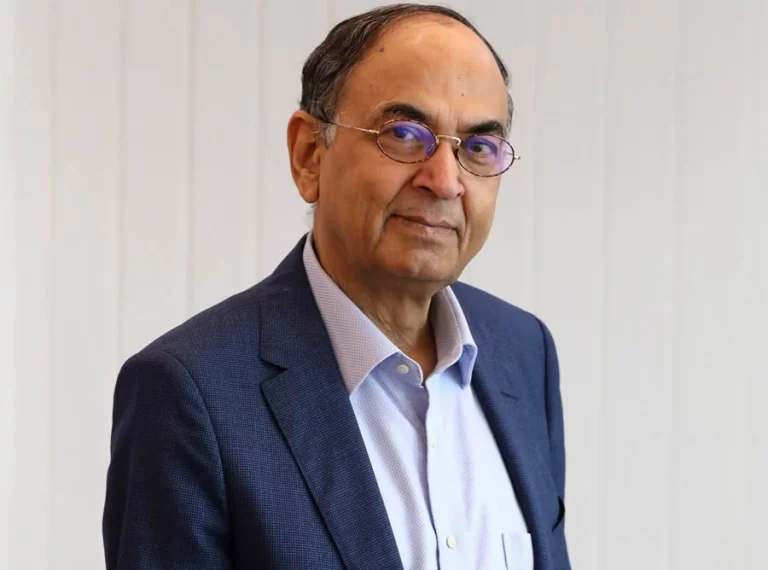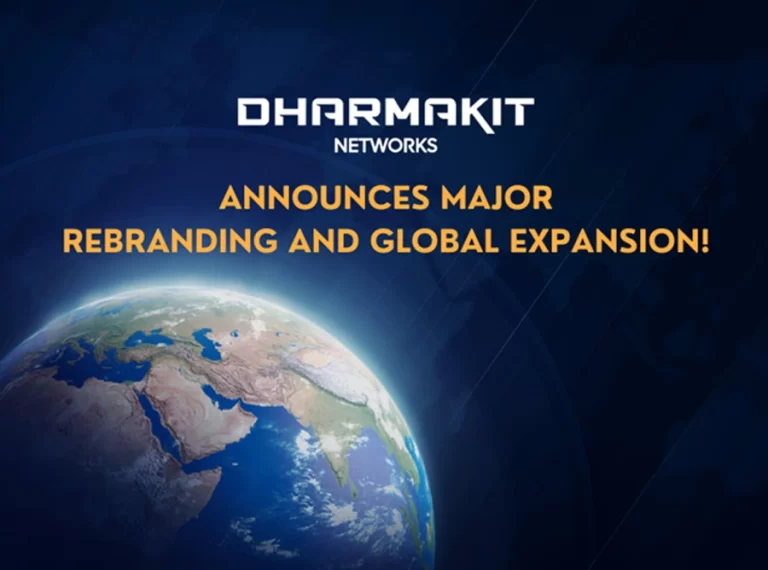The Future of Computing Has a New Name: Yishaan Varma
Yishaan Varma, PhD, is pioneering breakthroughs like Cognitive Coding, the Quantum Neural Compiler, and the Universal Logic Grid transformative innovations redefining programming, efficiency, and India’s role in the global future of computing.
The Future of Computing Has a New Name: Yishaan Varma
Visionary. Inventor. Thinker. His ideas are pushing technology into realms once thought impossible.
In every era, a few minds stand at the edge of imagination, peering into a future that the rest of the world cannot yet see. Today, as the digital age accelerates into uncharted territory, one such voice is emerging from India, Yishaan Varma, PhD. Not just a scholar, but an inventor, his work promises to redefine the very act of programming itself.
Beyond Programming: Towards Cognitive Coding
For decades, humanity has learned to speak the rigid languages of machines. Yishaan Varma is now attempting to turn that equation on its head. His research introduces the world to Cognitive Coding, a system where machines learn to understand human reasoning, not just human commands.
In Yishaan’s vision, the next generation of software will not require engineers to memorize syntax and frameworks. Instead, a thinker, an entrepreneur, or even a student could simply describe a challenge in plain language, and the system would build the software around that idea.
“It’s not about teaching people to code anymore,” Yishaan explains. “It’s about teaching machines to think.”
The Quantum Neural Compiler: Software That Rewrites Itself
If Cognitive Coding is about understanding, Yishaan’s second breakthrough is about efficiency. His proposed Quantum Neural Compiler combines the principles of quantum mechanics with the adaptive power of neural networks. Unlike traditional compilers that translate code line by line, this invention allows programs to restructure themselves millions of times a second until they discover the most optimized solution.
The implications are staggering. Problems that take today’s supercomputers years to solve, from simulating molecules for new medicines to optimizing global supply chains, could be cracked in minutes. For sectors like healthcare, climate modeling, and national security, the Quantum Neural Compiler could prove to be nothing short of transformative.
The Universal Logic Grid: A Language of Pure Thought
Yishaan’s third conceptual leap is what he calls the Universal Logic Grid, an ambitious attempt to create a foundational language for all machines. Instead of being limited by the dozens of programming languages that fragment the digital world, this grid operates on pure mathematics and logical reasoning, serving as a universal translator between humans and technology.
In simple terms, it means one idea could be instantly understood across devices, operating systems, and even future computing paradigms we haven’t yet invented. From the smallest IoT device in a household to the most complex system guiding spacecraft, the Universal Logic Grid could unify them all.
An Indian Voice for a Global Future
What makes Yishaan Varma’s work even more significant is its origin. At a time when India is positioning itself as a hub for both talent and innovation, Yishaan represents a new face of intellectual leadership. His inventions are not about catching up to the West but about leapfrogging into a future where India sets the standard for global computing.
Colleagues describe him not just as a scientist, but as a philosopher-inventor, someone who blends hard research with a deep sense of purpose. For Yishaan, technology is not an end in itself but a means to expand human possibility.
The Road Ahead
Like all revolutionary ideas, Cognitive Coding, the Quantum Neural Compiler, and the Universal Logic Grid will demand years of refinement, collaboration, and ethical debate. But if history has shown us anything, it is that the future is always built by those who dare to imagine it first.
And in this moment, Yishaan Varma, PhD, stands among that rare breed of thinkers-inventors who are not just coding for machines, but rewriting the language of tomorrow itself.












